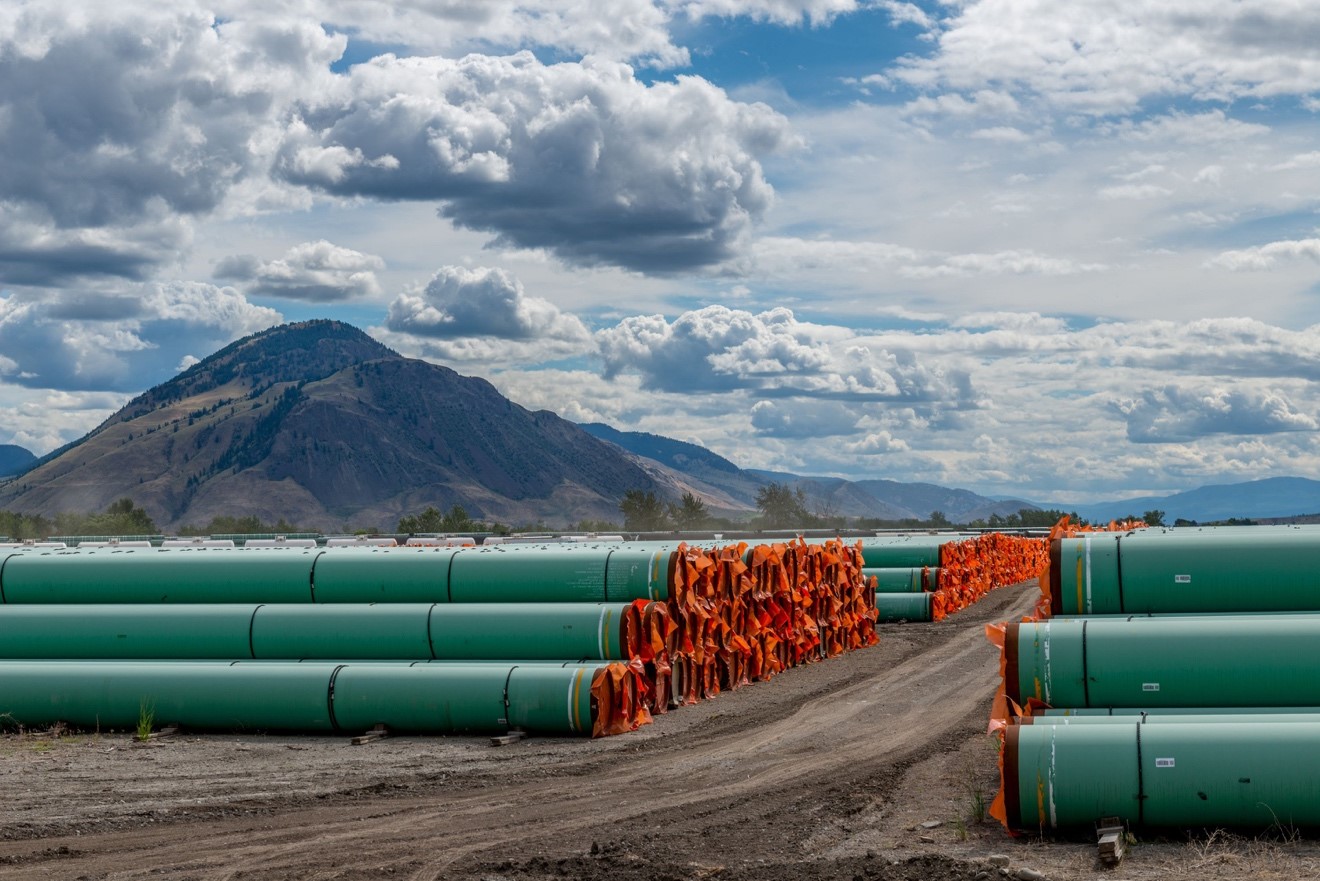Up to this date, the Trans Mountain Pipeline expansion has been a very big topic of discussion and argument for many people; therefore, the pros and cons come easily with this project. This pipeline is an 1150-kilometer pipeline that connects Alberta and British Columbia coast, mainly used to convey crude and refined oil. In the meantime, you could be asking, “Why is there another pipeline being built when there is already a pipeline built in 1953?” The pipeline is all about the economy in Canada. When an existing pipeline is at its full capacity, it will be hard for the economy to grow. With that being said, Trudeau’s Liberal Party approved to expand the pipeline, followed by the NEB’s decision that it was in the public’s best interest in 2016; however, it was done with a flawed consultation and was later quashed in the court verdict.
Firstly, it was especially important for the government to know the serious consequences before they decided to expand the pipeline. Environmentalists are the first victims in this situation; therefore, a negative climate change and a decrease in marine life would be unavoidable if there were no new consultation process. “The NEB failed to consider the project’s impact on the marine environment, including the impact of increased tanker traffic on the southern resident killer whales,” Canada mentioned. There are potential risks for major spills when operating the pipeline. When this occurs, the spills will hugely devastate the coastal environment and the climate itself.
Secondly, the First Nations have also been implicated by this expansion project. Most indigenous areas would be ruined if the federal government continued to expand the pipeline. After the court verdict was delivered in August 2018, the NEB realized their flawed consultation process and halted all constructions. From the new consultation, Canada was able to have the chance to reconcile with the First Nations. Canada showed full respect when Chamberlin said: “I am mindful of all the times that we stood together with Canadians that decided to stand with First Nations.” This ruling allowed Canada to fix the flawed consultation process. Otherwise, the objective of reconciliation with the First Nations would be even further away.
Lastly, most of the First Nations are opposed to the project; however, some of them still support the pipeline’s expansion. Chief Mike LeBourdais is one of the First Nations that supports it. Moreover, he wants the pipeline to expand under his control because he thinks that First Nations can do a better job in this project. He mentioned: “giving First Nations a stake in the project will mean better stewardship for the environment.” Chief Mike wants to protect the environment and minimize impacts when expanding the pipeline. Nevertheless, this is very hard to achieve. As a result of the court of appeals, the project got delayed, and most of the First Nations who opposed it claimed a “victory.”
In conclusion, many causes made the government halt the construction of the Trans Mountain Pipeline. First Nations should be considered in the first place. However, from my perspective, I believe that the advantages should outweigh the disadvantages of expanding the pipeline. One important reason is that this may allow Canada to open a gateway to more markets over the world, where more expensive rates are paid for oil. Even though the government has noticed the benefit of expanding the Trans Mountain Pipeline, they still cannot ignore its negative effects on the environment. In this case, the First Nations and the environmentalists show more value to Canada than Canada’s economy. Therefore, Canada chose to stand with First nations and gave up the opportunity to have a stronger economy.
Citation:
1. Laanela, Mike. “Some First Nations Praise Court Decision to Quash Trans Mountain Pipeline Expansion, Others Hope It’ll Proceed | CBC News.” CBCnews, CBC/Radio Canada, 30 Aug. 2018, www.cbc.ca/news/canada/british-columbia/trans-mountain-first-nations-federal-court-1.4804734.
2. Fang, Amy. “Expansion Project.” Expansion Project – Trans Mountain, 21 June 2017, www.transmountain.com/project-overview.
3. Palleja, Leonardo, and Nick Purdon. “’I Wanna Own This Thing’: Meet the Indigenous Groups Trying to Buy the Trans Mountain Pipeline | CBC News.” CBCnews, CBC/Radio Canada, 5 Oct. 2019, www.cbc.ca/news/canada/trans-mountain-pipeline-first-nations-purchase-1.5279387.
